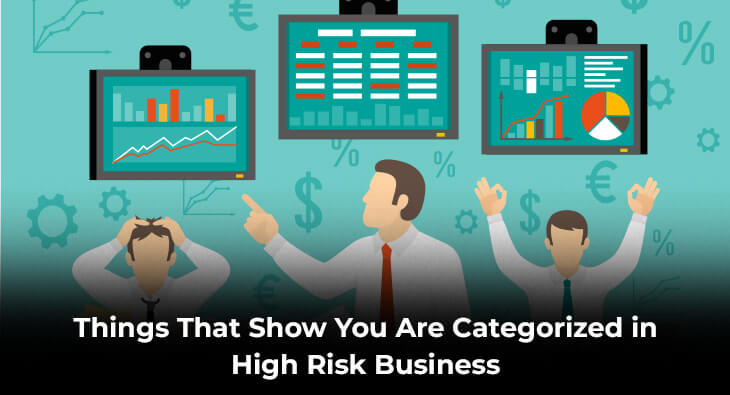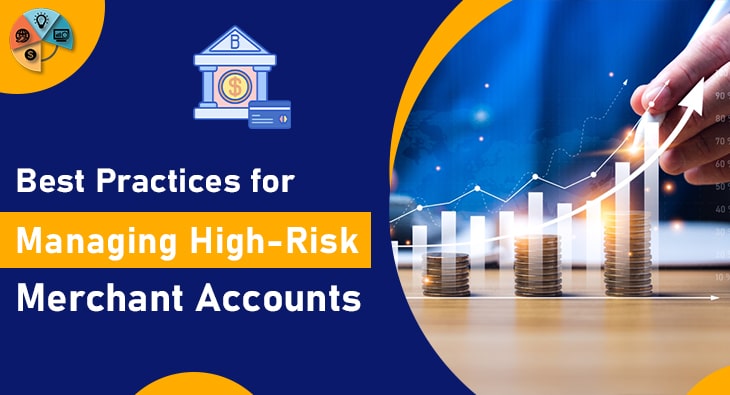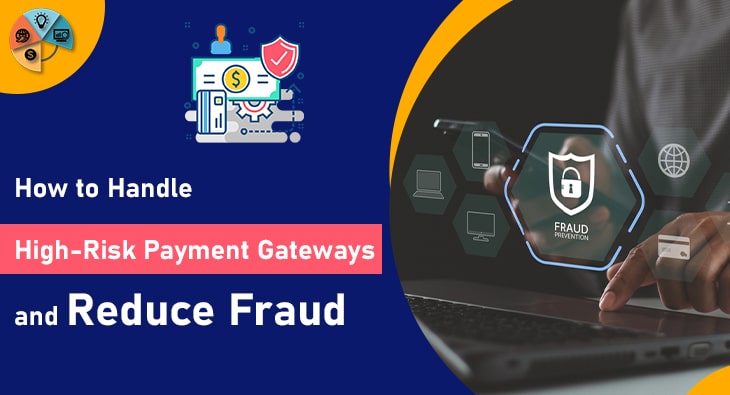In the digital world of fast-paced payments, it is difficult to be a high-risk business. As if establishing a profitable online business wasn’t difficult enough, payment processors might also label merchants as “high-risk“, making it more difficult to accept payments online.
What does it really mean to be a high-risk business? And what should you do if your company is one? This article will explain the most important things to do if your business is on the more risky side of the spectrum.
1. You Have A Short Credit History
Some companies have Merchant accounts to facilitate e-commerce. They also have a very short credit history. They can’t be used to secure collateral. And could be considered high-risk by lenders. They might be subject to higher interest rates and/or more restrictive terms than if they were managed well.
2. Your Business Is Susceptible To Fraud
Lenders will view a business that is highly susceptible to fraud as high risk. Retailers might not approve loans to online retailers if they don’t know how hackers can target this type of business.
3. You Don’t Have Much In Savings Accounts
Lenders will view your E-commerce merchant account or savings account as high-risk if you don’t have enough. This is because if your company doesn’t make a profit. If the loan defaults or goes bankrupt, there won’t be funds to repay the lender.
Our Latest Blogs
- Law Firm Credit Card Processing: A Complete Guide
- Merchant Account For Airline Industry | Merchant Stronghold
- Payment Processing Solutions For Automotive Industry
4. Your Business Has A Lot Of Debt
A business can have debts. Companies with a lot of debt are more likely to struggle than those who have less or just enough. Investors are more likely to lose money if they lend them money. They are also riskier because their liabilities outweigh their assets. Because there is always risk and volatility.
High debt can lead to lower morale and motivation, in addition to financial concerns. Employees may feel more anxious about their work security.
A lot of debt is bad for your company and its employees. This should be addressed quickly by a qualified consultant who specializes in this type of problem.
5. You Take Part In International Trade
Small businesses are especially vulnerable. When doing international business. Currency fluctuations are the biggest risk in international trade.
If the U.S. Dollar falls against another currency. Such as the Nigerian Naira. Then your goods or services are less valuable to the customer because they get fewer dollars for each unit of their local currency. Even if you have not changed the price of your goods or services. This can happen.
This is especially true if international payments are due shortly after a fall in exchange rates. This is because suppliers and banks will put extreme pressure on companies that have outstanding invoices. They want payment now, rather than later because it will be more expensive tomorrow.
It is important to be aware and take the necessary steps to minimize risks associated with international trade.
Summing Up
It’s essential to understand the risks involved in a high-risk business to ensure your safety and that of your employees. These factors will help you prepare and prevent them from happening.
Contact Merchant Stronghold we have the expertise, and experience in high-risk merchant account payment processing that can provide solutions to all of these sectors and more. Contact us now by dialing 1 (727) 330 – 3944, to be approved for your business’s merchant account.
![]()
Email us anytime!
Email customer service 24/7
![]()
Call us anytime!
Reach customer care 24/7 at +1 (727) 330-3944


